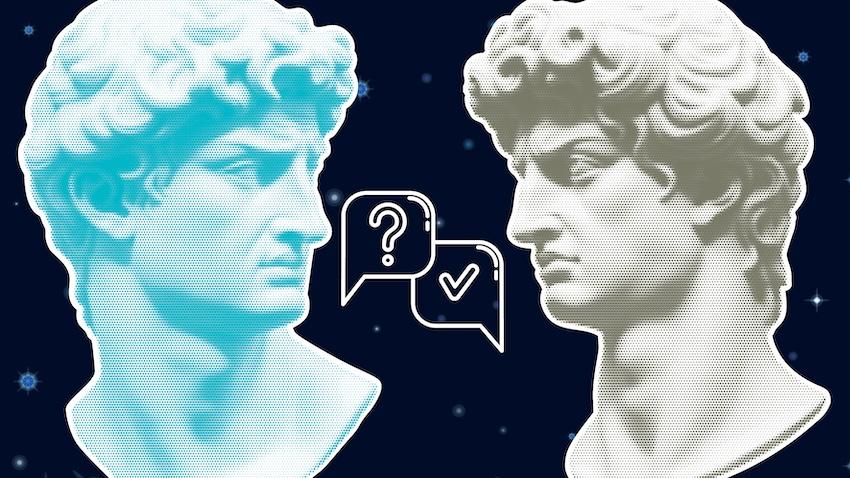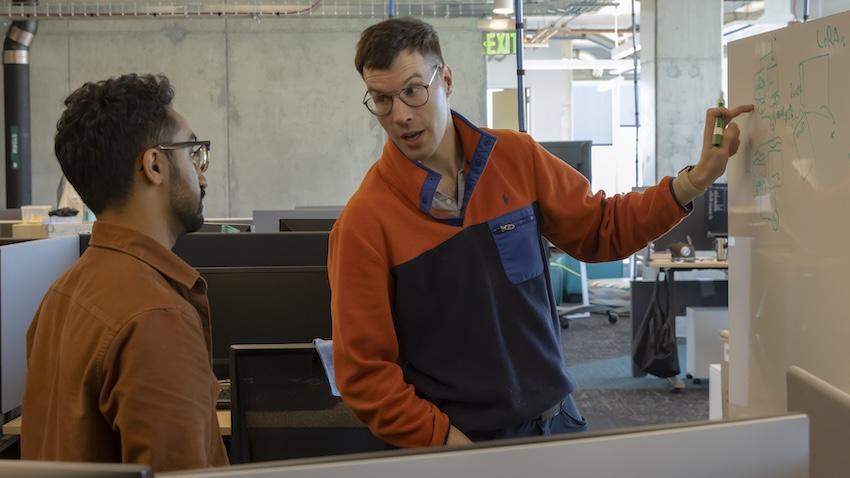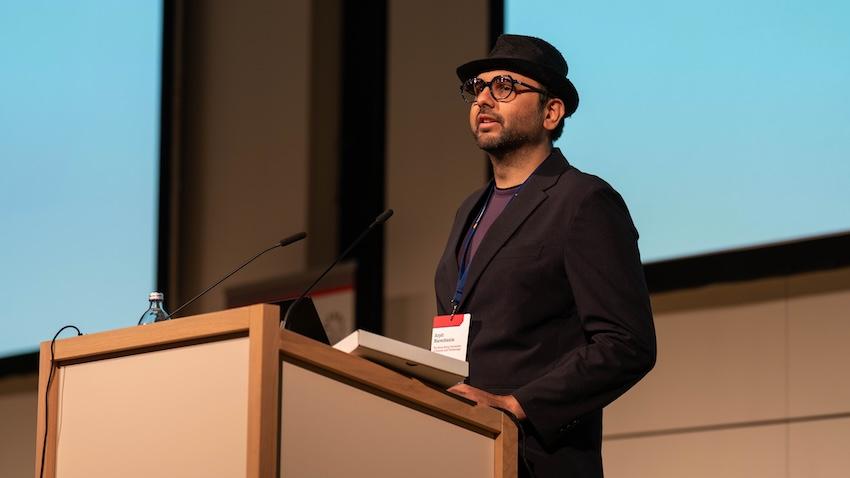
AI Oral Assessment Tool Uses Socratic Method to Test Students' Knowledge
A year ago, Ray Hung, a master’s student in computer science, assisted Professor Thad Starner in constructing an artificial intelligence (AI)-powered anti-plagiarism tool for Starner’s 900-student Intro to Artificial Intelligence (CS3600) course.
While the tool proved effective, Hung began considering ways to deter plagiarism and improve the education system.
Plagiarism can be prevalent in online exams, so Hung looked at oral examinations commonly used in European education systems and rooted in the Socratic method.
One of the advantages of oral assessments is they naturally hinder cheating. Consulting ChatGPT wouldn’t benefit a student unless the student memorizes the entire answer. Even then, follow-up questions would reveal a lack of genuine understanding.
Hung drew inspiration from the 2009 reboot of Star Trek, particularly the opening scene in which a young Spock provides oral answers to questions prompted by AI.
“I think we can do something similar,” Hung said. “Research has shown that oral assessment improves people’s material understanding, critical thinking, and communication skills.
“The problem is that it’s not scalable with human teachers. A professor may have 600 students. Even with teaching assistants, it’s not practical to conduct oral assessments. But with AI, it’s now possible.”
While the tool proved effective, Hung began considering ways to deter plagiarism and improve the education system.
Plagiarism can be prevalent in online exams, so Hung looked at oral examinations commonly used in European education systems and rooted in the Socratic method.
One of the advantages of oral assessments is they naturally hinder cheating. Consulting ChatGPT wouldn’t benefit a student unless the student memorizes the entire answer. Even then, follow-up questions would reveal a lack of genuine understanding.
Hung drew inspiration from the 2009 reboot of Star Trek, particularly the opening scene in which a young Spock provides oral answers to questions prompted by AI.
“I think we can do something similar,” Hung said. “Research has shown that oral assessment improves people’s material understanding, critical thinking, and communication skills.
“The problem is that it’s not scalable with human teachers. A professor may have 600 students. Even with teaching assistants, it’s not practical to conduct oral assessments. But with AI, it’s now possible.”


